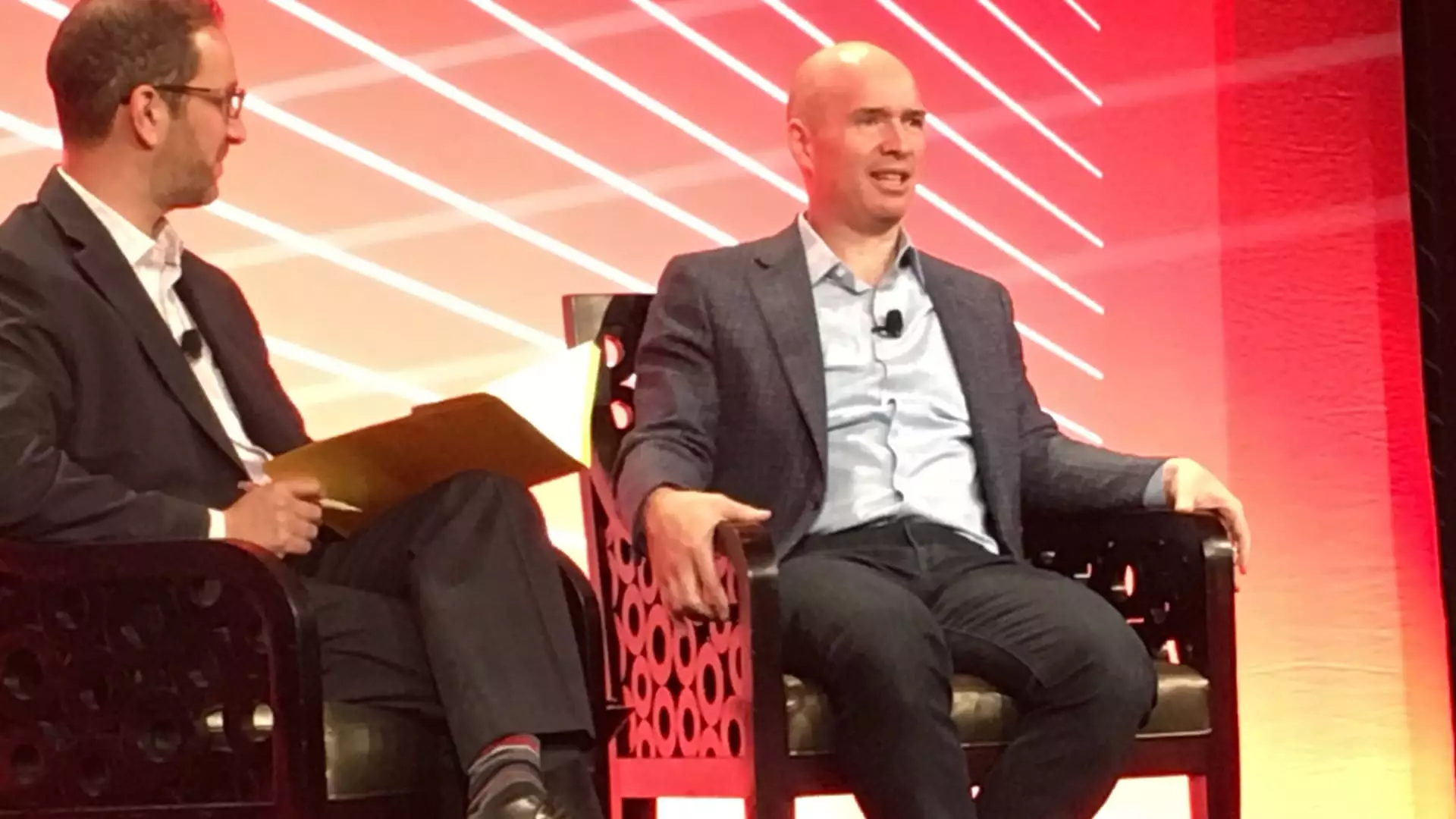In a surprising twist, venture capitalist Ben Horowitz, co-founder of the prominent Andreessen Horowitz firm, has transitioned from supporting Donald Trump’s presidential campaign to backing Vice President Kamala Harris. This notable shift reflects a growing trend among investors who once aligned themselves with conservative agendas, only to pivot towards more progressive stances when personal connections come into play. Horowitz’s recent letter to his employees announcing his financial contributions to Harris’s campaign reveals a complex intertwining of personal relationships and political alignment in the tech industry.
Horowitz’s longstanding friendship with Kamala Harris serves as the cornerstone for his latest political engagement. In the context of Silicon Valley, where personal relationships often shape business and political interactions, Horowitz’s rationale for this donation emphasizes a nostalgic loyalty that seems to override ideological consistency. His message indicated an intrinsic trust in Harris, as he expressed that their friendship has flourished for over a decade. This phenomenon raises pertinent questions about how personal networks influence financial political backing and whether such connections can be sustained amid shifting political landscapes.
The duality in Horowitz’s political contributions illustrates a broader narrative about Silicon Valley’s approach to political engagement. Historically, tech investors have gravitated towards candidates who advocate for policies favoring innovation and economic growth, while simultaneously criticizing those they perceive as impeding progress. Horowitz previously argued in favor of Trump, citing the potential for a “little tech agenda” — a vision that sought to empower smaller tech startups with fewer regulatory burdens. The call for unity around the “Little Tech” initiative introduces a complexity to the political responsibilities of investors, questioning where their allegiances truly lie.
The juxtaposition of Horowitz’s support for the Trump campaign and his newfound allegiance to Harris further exposes the conflicting sentiments regarding the Biden administration’s policies toward startups and the cryptocurrency sector. While Horowitz’s firm had initially expressed critical views on the administration, this shift signals an attempt to navigate a more favorable political landscape that aligns with their business interests. The overarching challenge that emerges is an understanding of how these investors strategize their contributions based on perceived opportunities in governance that will ultimately influence their financial futures.
The political contributions of figures like Ben Horowitz reflect a broader shift within the tech industry, where personal relationships increasingly meld with business interests. The tech sector is often marked by its rapid evolution and consequential adaptations to political contexts. Horowitz’s change of heart serves as a reminder that while ideologies often underpin political actions, personal ties frequently rewrite the playbook. As the 2024 election approaches, the implications of such shifts will undoubtedly influence both the political landscape and the operational strategies of tech firms that navigate the turbulent waters of politics and innovation.

